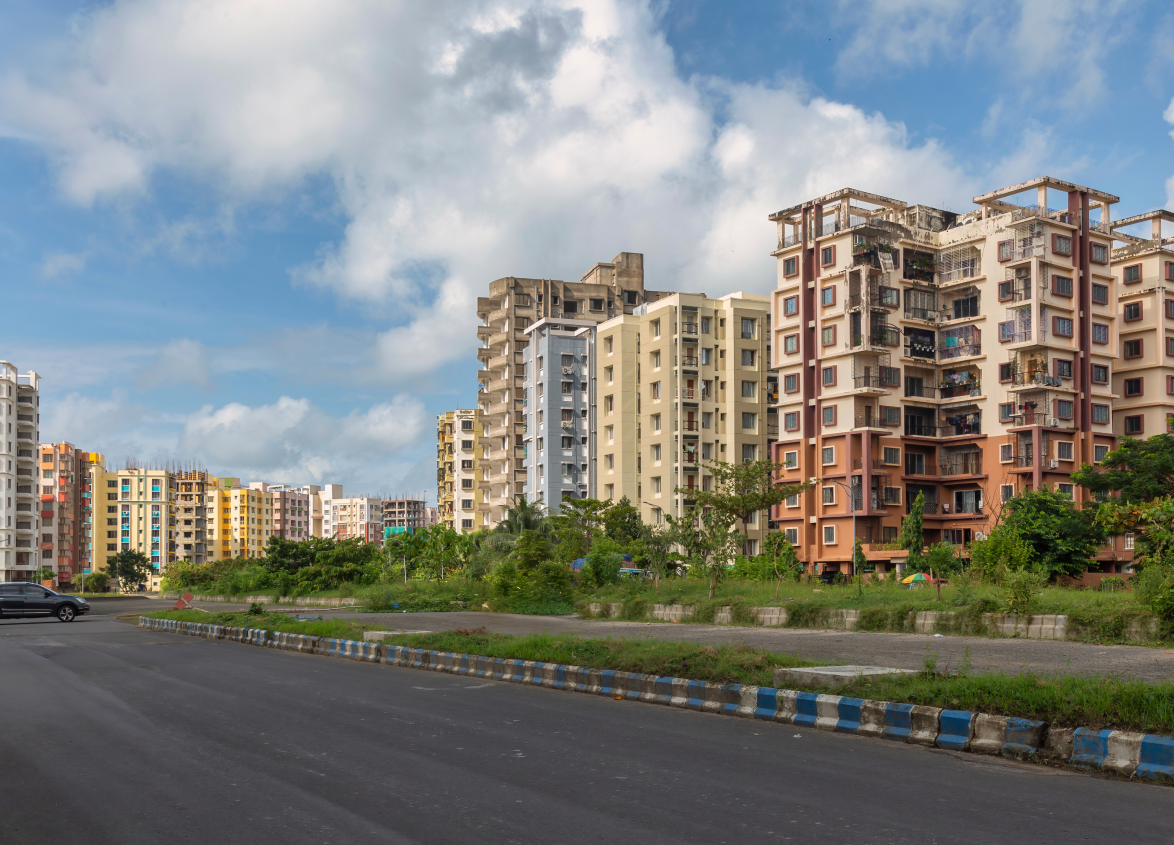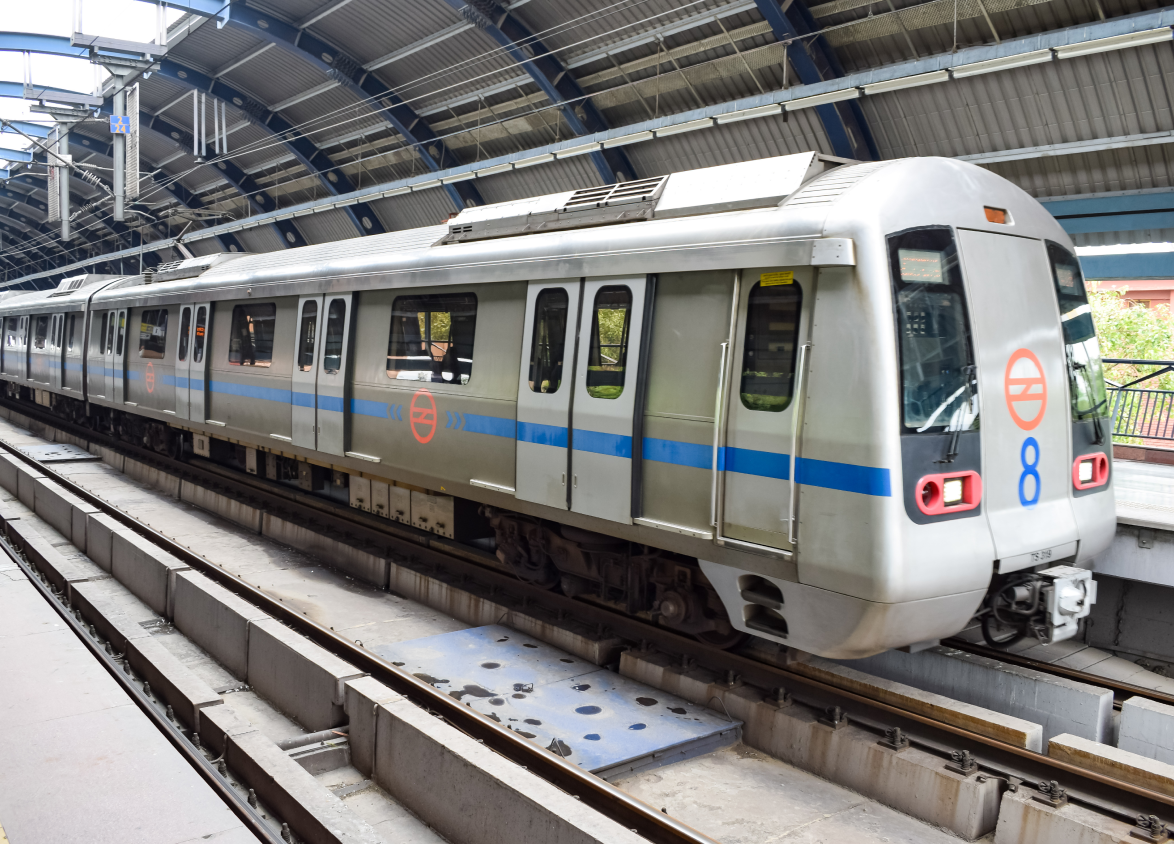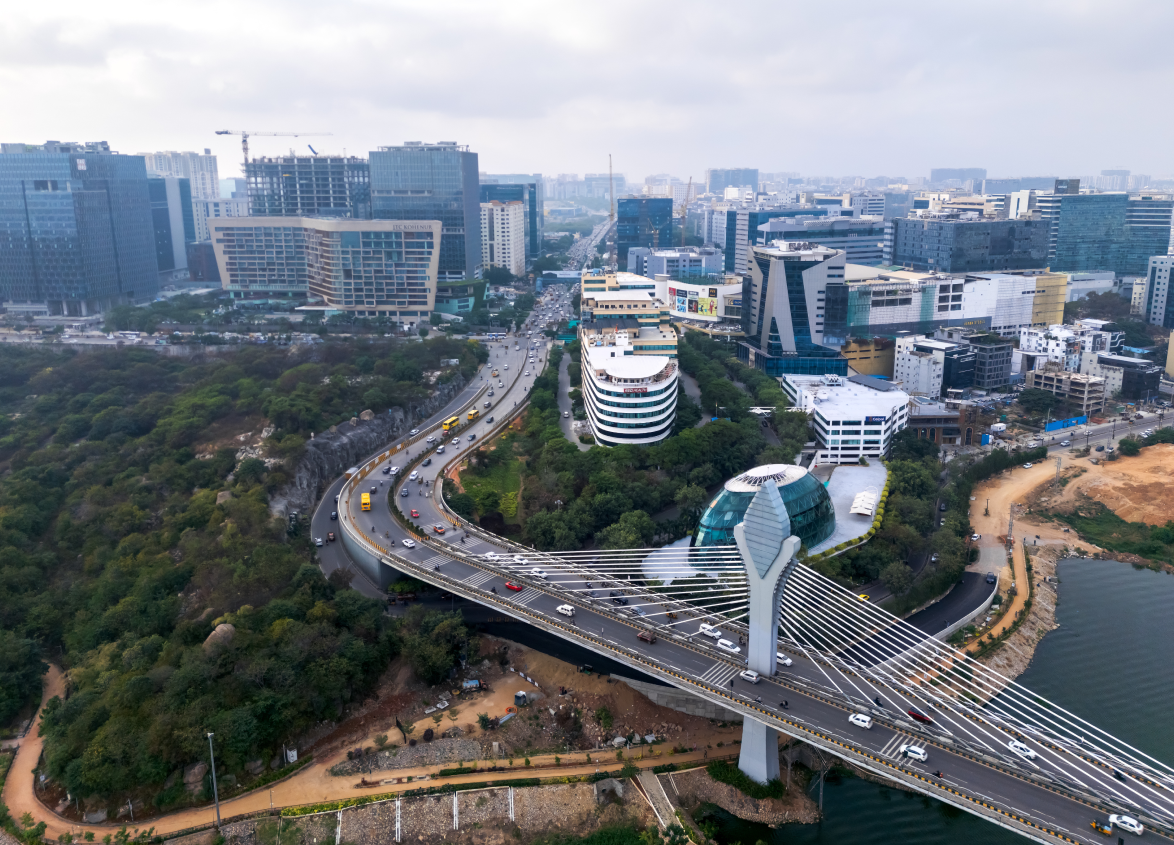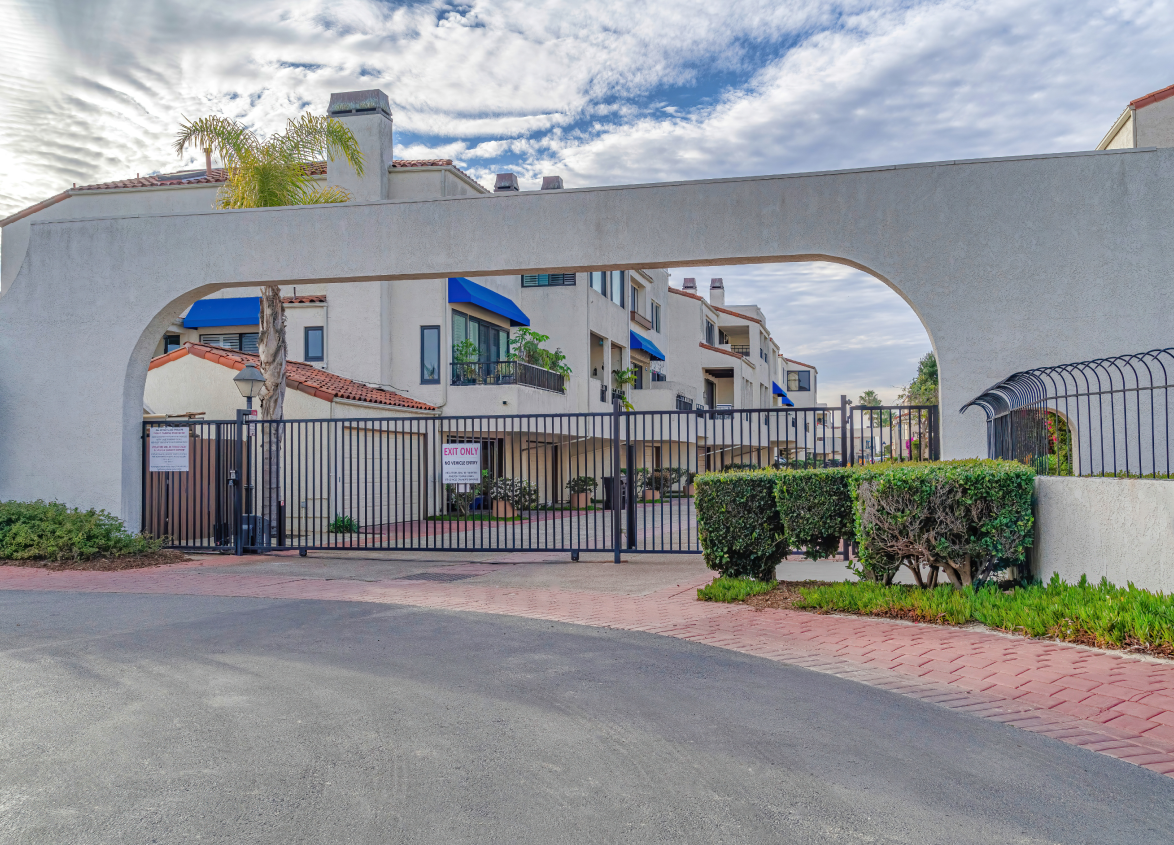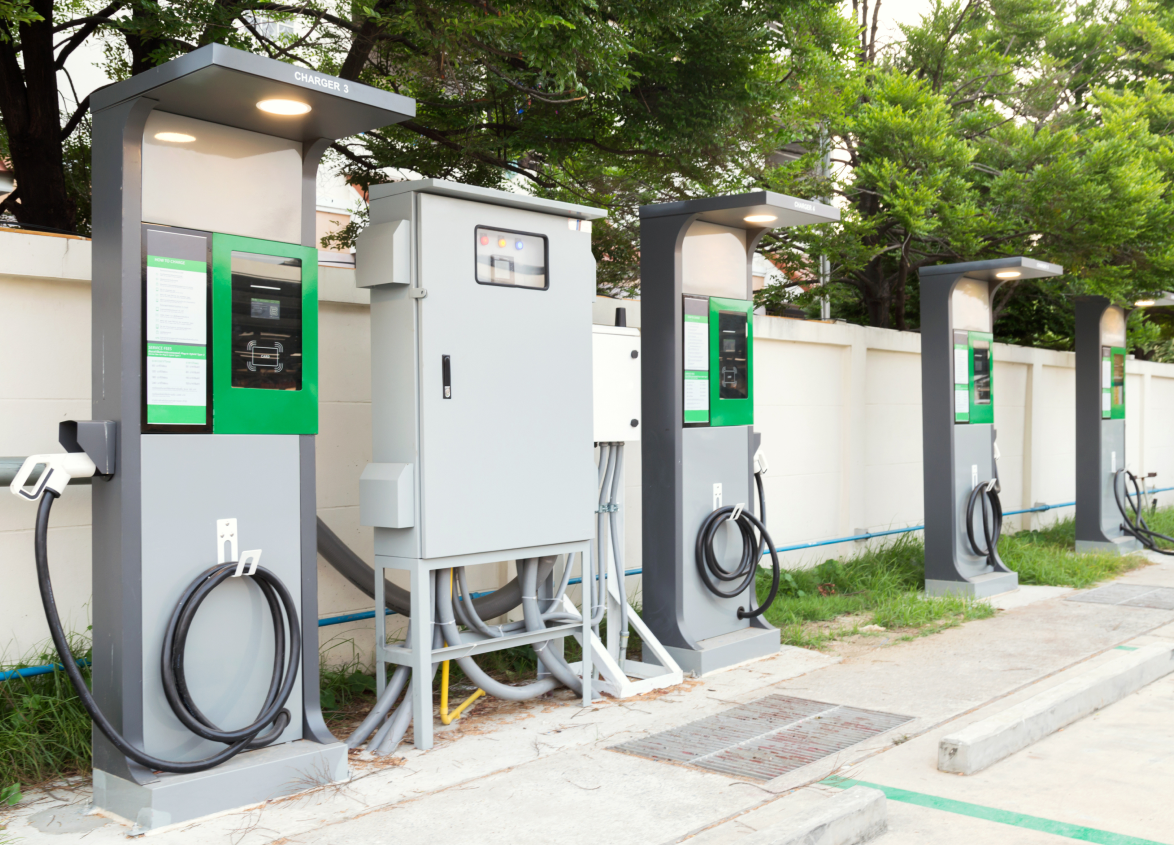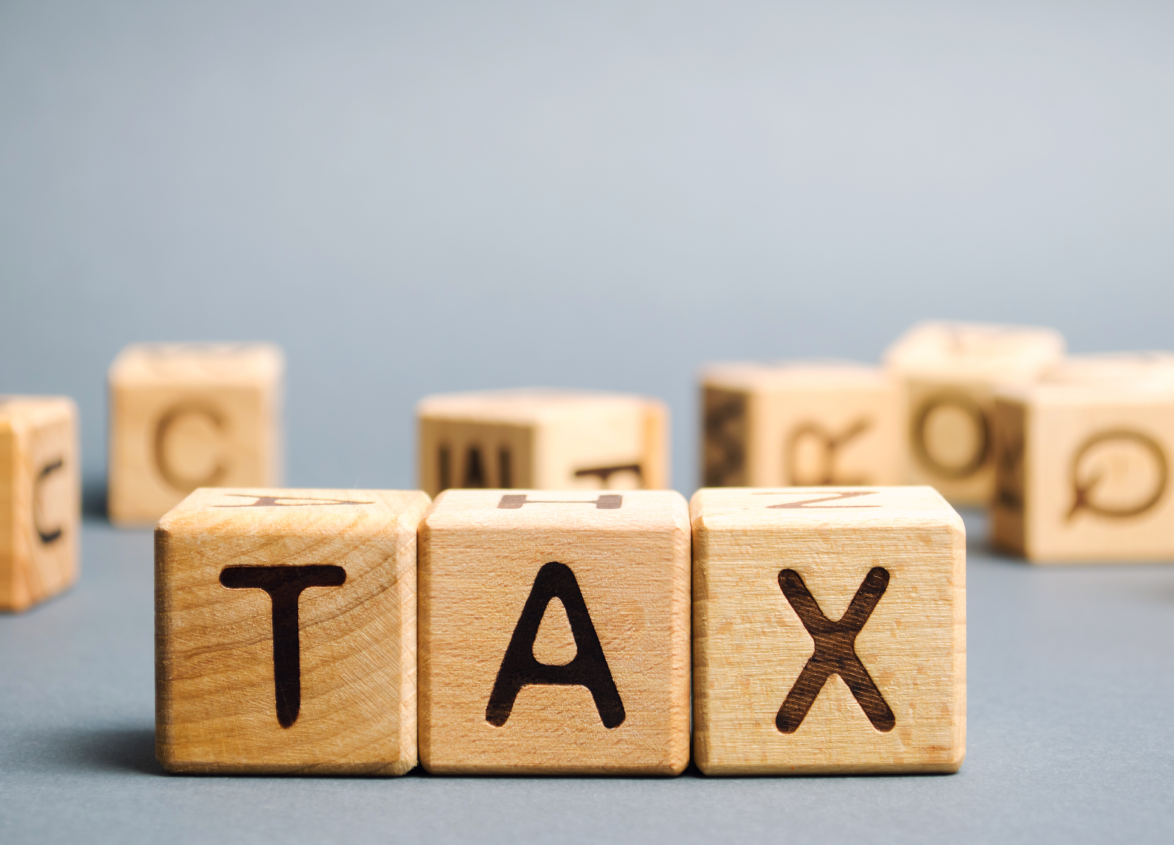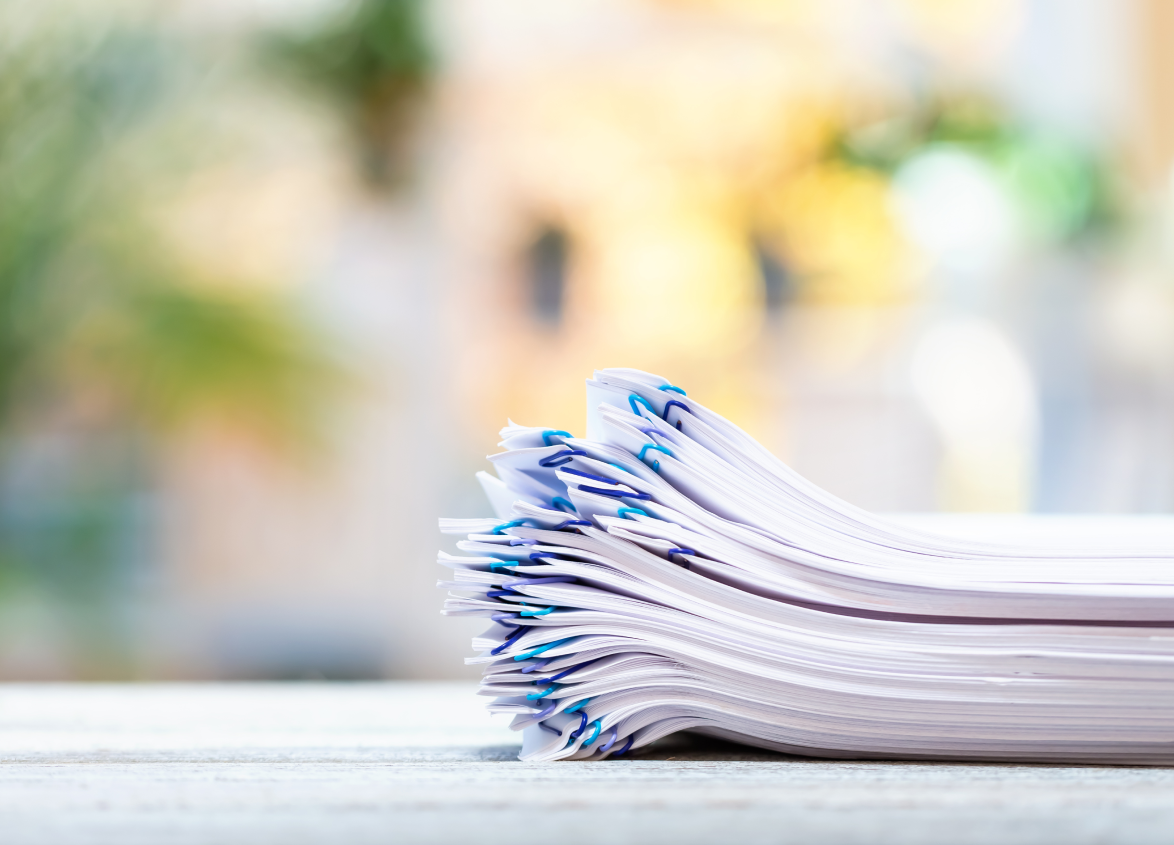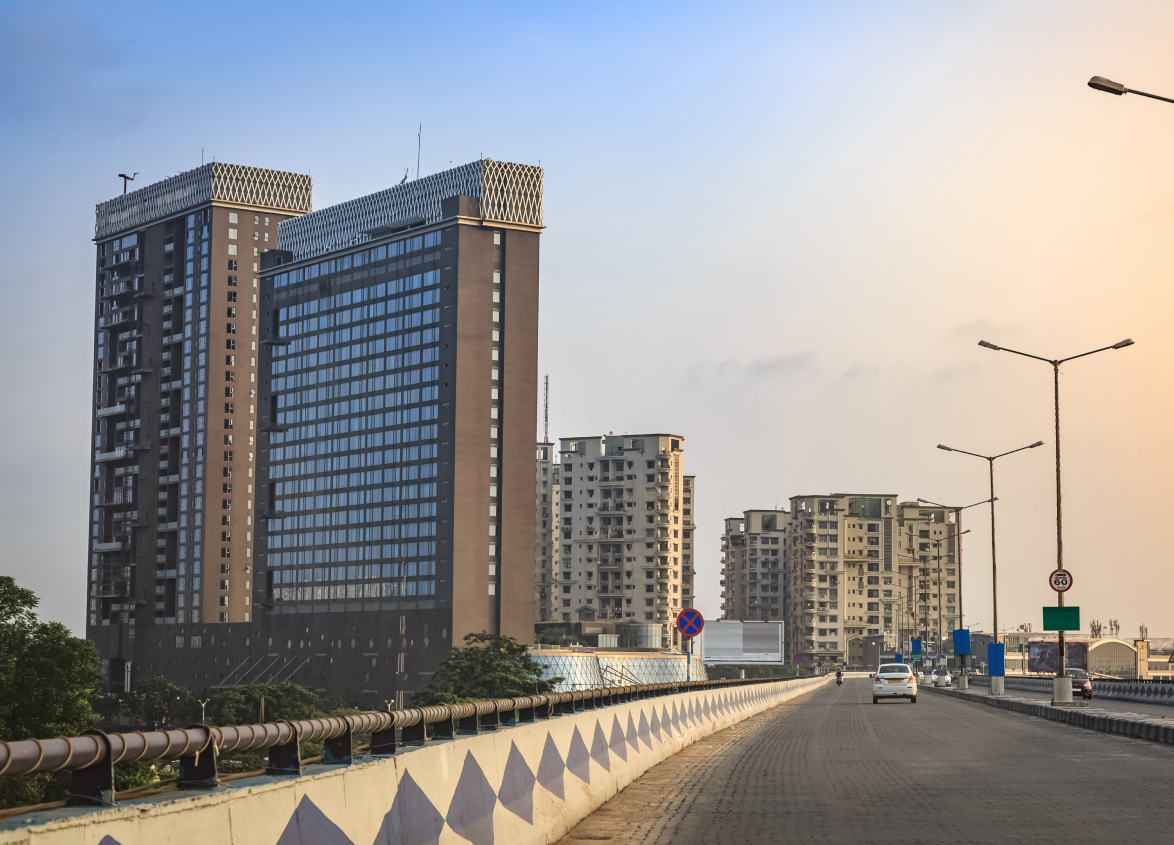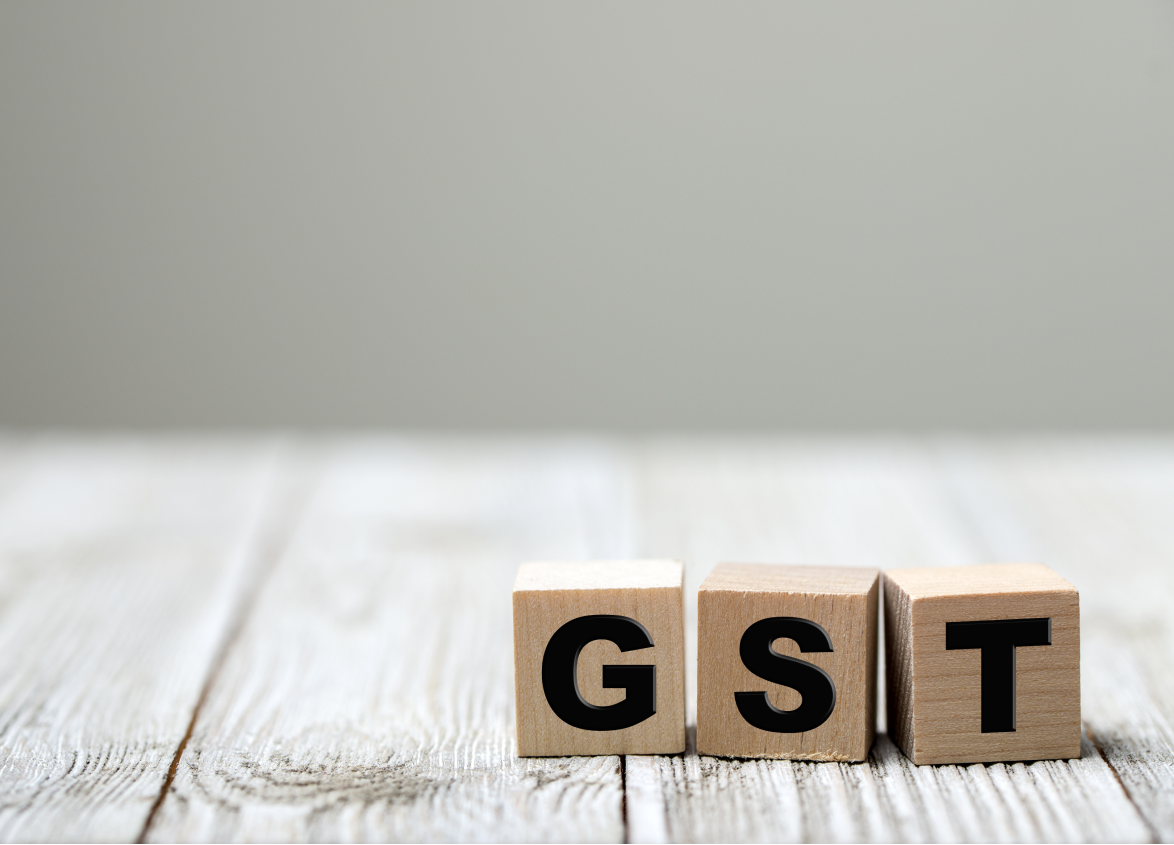
Residential
A Comprehensive Guide to Property Taxes in Mysore: What You Need to Know
May 02, 2025
Property taxes are imperative taxes levied by municipal authorities against holders of real property. They are a significant source of revenue for local governments. The levy, assessment and collection of property taxes in Mysore are vested in the Mysore City Corporation (MCC), as provided under the Karnataka Municipalities Act, 1964.
Both homeowners and investors should understand the complexities of the Mysore property tax and comply with it to help develop the city. Property tax payment is a legal obligation and a civic responsibility.
The income from property tax is used for the maintenance and upgradation of infrastructure that renders vital civic services like waste management, water supply, sanitation and road repairs. For effective tax compliance, property holders in Mysore need to be familiar with the assessment procedure, payment terms, exemptions and penalty conditions.
This guide intends to detail the Mysore City Corporation’s property tax system comprehensively, allowing property owners to manage tax-related processes more comfortably and seamlessly.
Assessment and Calculation of Property Tax
Property tax is one of the most important revenue sources for the Mysore City Corporation (MCC), ensuring the city's infrastructure and public services are maintained efficiently. The assessment and calculation of property tax involve a systematic approach, where each property is evaluated based on specific parameters to determine the tax amount payable by the owner.
The assessment process considers factors such as the type of property, its location, usage and size. The MCC follows a structured methodology to categorise properties and assign tax rates accordingly.
Also Read - A Guide to Real Estate Investment in Mysuru
Proper assessment ensures a fair and transparent taxation system, preventing discrepancies and ensuring every property owner contributes their fair share toward city development.
Understanding how property tax is assessed and calculated allows property owners to verify their tax liabilities accurately and make informed financial decisions.
The following sections will elaborate on the basis for tax assessment and the formula used to compute the Mysore property tax systematically.
Basis for Tax Assessment
The MCC follows a structured methodology to measure property tax in Mysore. The assessment is based on the Annual Rental Value (ARV) system, which estimates the tax amount based on the potential annual rental income that a property can generate.
The ARV is determined by considering several factors, including:
- Location of the property: Properties in prime areas, such as commercial hubs or residential neighbourhoods with high demand, have a higher rental value.
- Property type: Residential, commercial, industrial and vacant lands are assessed differently.
- Size of the property: Larger properties usually attract higher taxes due to their increased potential rental value.
- Usage of property: A property used for commercial purposes will have a higher tax rate than a residential property.
Formula for Calculation
The Mysore City Corporation property tax is calculated using the following formula:
Property Tax = Annual Rental Value (ARV) × Tax Rate + Cess
For example, if a property has an ARV of ₹50,000 and the applicable tax rate is 15%, the property tax would be:
₹50,000 × 0.15 = ₹7,500
Furthermore, a cess amount may be added to the total tax, including education cess, road maintenance charges or any other levies imposed by MCC.
Property Tax Categories
To ensure fairness and proper tax distribution, properties in Mysore are classified into different categories, each having specific tax rates:
1. Residential Properties
Homes, apartments and individual houses for living purposes fall into this category. The tax rate for residential properties is relatively lower compared to commercial properties.
2. Commercial Properties
Buildings used for business activities, including shops, offices and malls, are included in this category. Since they generate revenue, these properties are taxed at a higher rate.
3. Industrial Properties
Factories, manufacturing units and industries fall into this category. Depending on their size and nature of operation, these properties have different tax rates.
4. Vacant Land
Plots without structures are also subject to taxation. The tax is determined based on the location and size of the land.
Each category has tax rates and property owners should know how their property is classified to determine their tax liability.
Payment Modes
The Mysore City Corporation (MCC) offers multiple payment options to make the property tax payment process more convenient for property owners. These modes ensure accessibility and flexibility for taxpayers, allowing them to complete their transactions without hassle.
1. Online Payment
The MCC Property Tax Portal provides a digital platform where property owners can pay taxes from the comfort of their homes. The online payment system is secure, efficient and widely used.
Steps to Pay Online:
- Visit the official MCC Property Tax Portal.
- Enter the Property Tax Identification (PTI) or Property Identification Number (PID) to retrieve tax details.
- Verify the property details and the tax amount due.
- Choose a payment method such as credit/debit card, net banking, UPI or mobile wallet.
- Complete the transaction and download the payment receipt for future reference.
Advantages of Online Payment:
- 24/7 availability, allowing property owners to pay anytime.
- Instant confirmation and generation of receipts.
- Avoids long queues and manual paperwork.
- Safe and secure transaction processing.
2. MCC Collection Centres
MCC has designated collection centres throughout Mysore for property owners who prefer to pay their taxes in person. These centres assist and facilitate payments in cash, cheque or demand draft (DD).
Procedure for Payment at Collection Centres:
- Visit the nearest MCC collection centre.
- Provide the Property Tax Identification Number (PTI) or previous tax receipt for reference.
- Verify the tax amount with the MCC officials.
- Make the payment using cash, cheque or demand draft (DD).
- Collect the payment receipt as proof of transaction.
Benefits of Paying at Collection Centres:
- It helps those who are not comfortable with online transactions.
- Allows for direct interaction with MCC officials to clarify queries.
- Immediate issuance of payment receipt.
3. Authorised Bank Payments
MCC has partnered with several banks to accept property tax payments on behalf of the corporation. These banks act as collection agents and ensure that payments are processed efficiently.
Steps to Pay at Banks:
- Visit an authorised bank branch that accepts MCC property tax payments.
- Provide the required details, such as the Property Identification Number (PID) and owner details.
- Make the payment via cash, cheque or direct bank transfer.
- Obtain an acknowledgement receipt from the bank.
Advantages of Bank Payments:
- It is convenient for those who prefer traditional banking transactions.
- Ensures direct processing without the need to visit MCC offices.
- Offers cheque and demand draft payment options.
4. Mobile Payment Options
To facilitate cashless transactions, MCC also supports mobile payment platforms like:
- UPI-based transactions (Google Pay, PhonePe, Paytm, etc.)
- Mobile banking applications of authorised banks
- Digital wallets linked to MCC payment gateways
This option benefits individuals who prefer quick, on-the-go payments through their smartphones.
Key Considerations for Property Tax Payment
- Ensure timely payment to avoid penalties or additional interest.
- Verify property details before making any payment to avoid discrepancies.
- Keep a copy of the receipt (physical or digital) as proof of payment.
- Check for any government rebates or exemptions that may apply before paying the tax.
Due Dates and Penalties
Every year, MCC announces due dates for property tax payments. Property owners must adhere to these deadlines to avoid fines. If the tax is not paid within the stipulated time, penalties are levied as follows:
- A late payment penalty, usually calculated as a percentage of the outstanding amount, is charged per month of delay.
- Interest on overdue taxes may also be applicable, increasing the overall payable amount.
- Continuous non-payment may lead to legal action or property seizure by municipal authorities.
Property owners are advised to set reminders for tax payments and utilise online services for hassle-free transactions to prevent such issues.
Property Tax Identification (PTI) Number
Each property in Mysore is assigned a unique Property Tax Identification (PTI) Number, also known as a Property Identification Number (PID). This number plays a crucial role in tracking property tax records. The PTI number helps in:
- Identifying and verifying property tax records.
- Simplifying tax payments and online transactions.
- Ensuring accurate assessment and updates of property details.
Property owners can find their PTI number on previous tax receipts or by checking the MCC website.
Online Services
The Mysore City Property Tax portal offers various online services to make the tax payment process more accessible and efficient for property owners. These services are designed to eliminate the need for physical visits to government offices and provide a seamless digital experience. Key features include:
- Online Payment: Property owners can pay their taxes online using credit/debit cards, net banking or UPI transactions, making the process convenient and time-saving.
- Tax Receipt Download: Once the payment is completed, taxpayers can download digital receipts for future reference and record-keeping.
- Property Assessment Details: Users can check property valuation details, including tax history, previous payments and pending dues.
- Tax Calculators: These tools help property owners estimate their tax liabilities before paying.
- Grievance Redressal: The portal provides an option to raise concerns or disputes related to property tax assessment, incorrect billing or other issues.
- Name Change and Modification Requests: Property owners can request updates to ownership details, property size or usage classification.
The MCC’s online portal significantly reduces paperwork and enhances transparency in the tax collection process.
Exemptions and Rebates
Certain property owners may qualify for exemptions or rebates on property tax, allowing them to reduce or waive their tax liabilities. These exemptions aim to provide financial relief to specific groups and encourage fair taxation. Eligible categories include:
- Senior Citizens: Discounts may be available for homeowners above a certain age limit, reducing their tax burden.
- Disabled Persons: Properties owned by individuals with disabilities may qualify for tax rebates.
- Government and Educational Institutions: Schools, colleges and government-owned properties may receive partial or full tax exemptions.
- Non-Profit Organisations: Properties owned by charitable trusts, religious institutions and NGOs may be eligible for tax concessions.
- Agricultural Land: Lands used for agricultural purposes may be exempt from property tax under certain conditions.
Property owners must provide necessary documentation to qualify for these exemptions, such as proof of age, disability certificates, ownership documents and relevant approvals from authorities.
Assessment Revision
MCC periodically revises property tax assessments to reflect changes in property values, infrastructure development and urban planning modifications. The reassessment ensures fairness and updates tax liabilities based on the latest property market conditions.
Why is Assessment Revision Necessary?
- Changes in Property Value: Property values fluctuate over time due to market trends, location development and demand. Revisions ensure that the tax reflects the current property worth.
- Modifications or Extensions: If a property undergoes structural changes, such as additional floors, renovations or land use changes, it may affect the tax calculation, warranting a reassessment.
- Correction of Errors: Initial tax assessments may sometimes contain discrepancies. The revision process allows property owners to correct errors in property details, usage classification or size measurements.
- Government Policy Updates: Changes in municipal regulations or tax slabs may lead to a reassessment to align property tax rates with new government policies.
How Does Assessment Revision Work?
- MCC conducts periodic surveys to re-evaluate property details.
- Property owners can also apply for reassessment in case of modifications or disputes regarding previous assessments.
- Once reassessment is done, official notices will be sent to the owner to communicate the revised tax liability.
Property owners must stay updated with reassessment cycles to ensure compliance and avoid discrepancies in their tax payments.
Services Offered by MCC Property Tax Portal
The MCC Property Tax Portal provides extensive services to simplify property owners' tax payments and management processes. These services include:
- Secure Online Payments: Users can pay property taxes conveniently using multiple digital payment options.
- Automated Tax Calculations: The portal features built-in tax calculators to help users estimate their tax liabilities accurately.
- Digital Receipt Generation: Upon successful payment, users can download digital receipts for record-keeping and future reference.
- Property Tax Assessment Details: The portal provides detailed information on property assessment, including valuation and categorisation.
- History of Tax Payments: Users can view past tax payments, ensuring transparency and easy transaction tracking.
- Online Grievance Redressal: The system allows property owners to file complaints regarding tax assessments, incorrect billing or name mismatches.
- Property Ownership Updates: Users can apply for name changes or updates in property records directly through the portal.
- Notifications & Alerts: The portal sends reminders and notifications about due dates, upcoming reassessments and policy changes.
Required Documents for Property Tax Payment
To pay Mysore City Corporation Property Tax, property owners must provide the following documents:
- Property ownership proof (sale deed, gift deed or partition deed)
- Previous tax receipts (if applicable)
- Property Identification Number (PTI/PID)
- Government-approved ID proof
- Approved building plan (for new properties)
How to Calculate MCC Property Tax
The MCC provides a standard formula to calculate property tax, including possible exemptions and additional charges. Property owners can use this formula:
Property Tax = (Built-up Area × ARV Rate) × Usage Factor + Applicable Cess
Exemptions for senior citizens, government institutions or non-profits can be deducted based on eligibility.
Conclusion
Property tax is an essential obligation for every property owner in Mysore, contributing significantly to the city's infrastructure and development. By understanding the Mysore City Corporation property tax system, property owners can ensure timely payments, avoid penalties and use available exemptions and rebates.
Proper awareness of tax assessment methods, categories and online services provided by the MCC can help streamline the payment process and reduce the chances of miscalculations or disputes.
With the advancement of digital services, paying Mysore property tax has become more convenient than ever. Property owners can utilise the MCC online portal to access payment services, download receipts and track their tax history efficiently.
Staying updated with reassessments, policy changes and due dates ensures a smooth taxation process, fostering compliance and responsible ownership.
Property tax is crucial in enhancing civic amenities, so every property owner must prioritise regular payments. Preparing documents and understanding tax calculations can simplify the process and eliminate any last-minute hassles.
By promptly fulfilling property tax obligations, residents contribute to improving Mysore, ensuring a well-maintained and progressive urban environment.
MUST READ
Looking for something specific?
We'd be delighted to help you.






